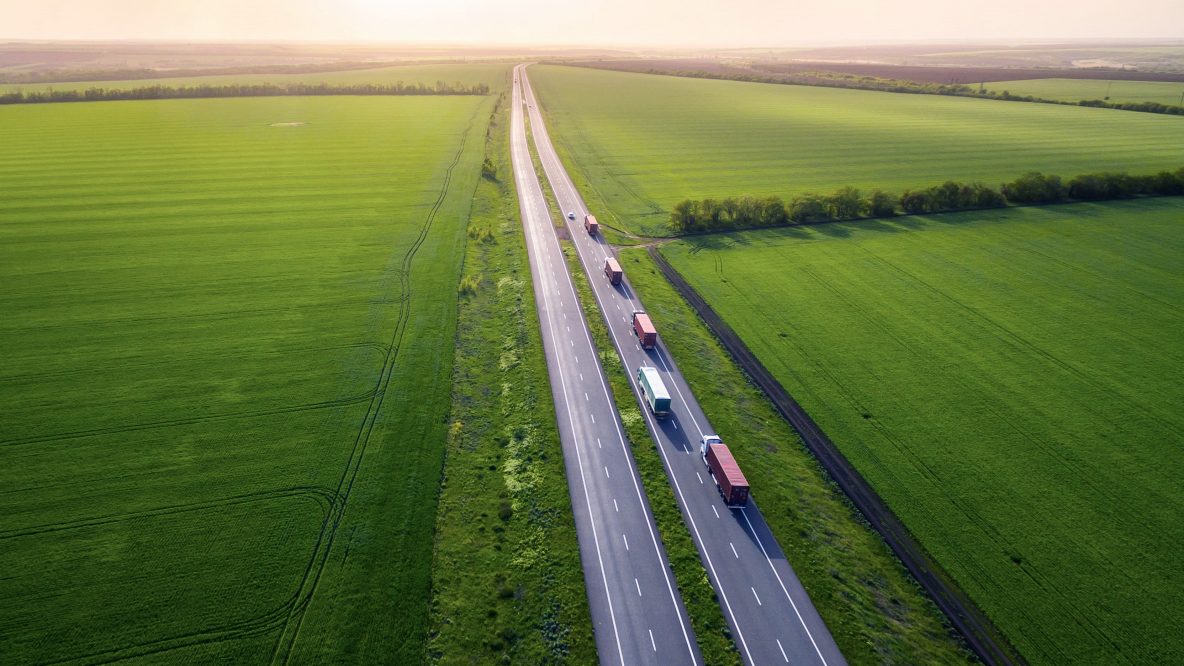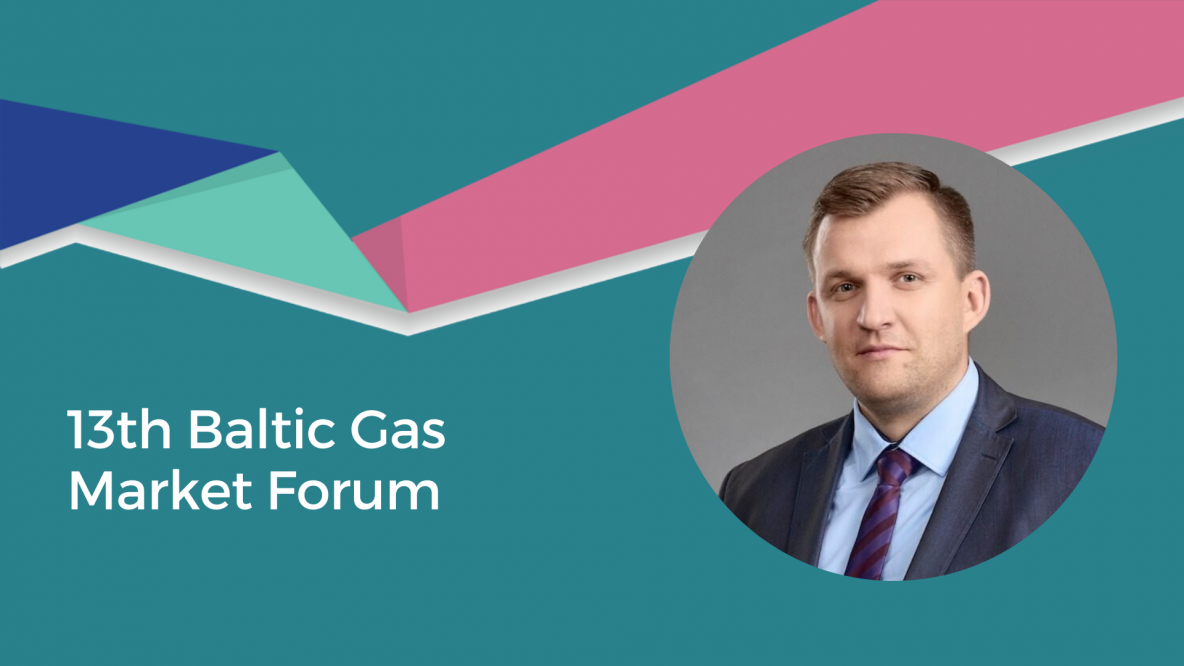Vehicle owners value the benefits of CNG as being cost-effectiveness and long-term savings. Using CNG instead of diesel or petrol as a fuel for a vehicle is ~1/3 cheaper, depending on certain comparable car models with the same engine power and capacity.
Olavs Ķiecis, Head of Business Development, Department of Development Projects of Latvijas Gāze, said that CNG is an important step towards energy sustainability and the transition to environmentally friendly fuel. CNG cars already emit less than future environmental standards require. For example, in Germany, where there are strict rules for the environmental protection of the urban environment, they are free to enter areas with limited urban mobility. Therefore, more and more companies and utilities in Europe are also opting for CNG fleets. A plan for the use of CNG and bioCNG has also been developed for Britain, which envisages the transition from fossil natural gas to renewable energy and further to hydrogen fuel energy. “On average, a CNG-powered car offers a 23-35% reduction in carbon dioxide (CO2) emissions, an 87-90% reduction in nitrogen oxide (NOx) emissions, and the reduction in particulate matter (dust) emissions is ~98%,’ informed O. Ķiecis.
Gasification of the transport sector is taking place outside Europe as well. The United States is one of the countries that has historically had a positive attitude towards the use of natural gas in road transport. Gasification of the logistics chain of large companies is still ongoing. For example, Amazon has recently ordered 700 trucks for its transportation, while UPS launched a large-scale investment programme in 2019 to purchase and use 6,000 CNG cars.
There are currently more than two million CNG vehicles in use in the European Union and ~ 40,541 public CNG filling stations. In the three Baltic states, the total number of public CNG filling stations is still small: there are 21 in Estonia, 6 in Lithuania, and 6 operate in Latvia. In Latvia, it is planned to open four more public CNG filling stations by the end of this year.
Unfortunately, for the time being, the spread and use of CNG in Latvia lags far behind other countries, which is to some extent also due to the lack of professional and objective information. To reduce the lack of appropriate information, Latvijas Gāze regularly talks about the benefits and advantages of using natural gas in road transport, as well as about the examples of good practice in the country. Latvian transport and utility companies are increasingly interested in the possibilities of using CNG cars, which is facilitated by the expansion of the availability of public CNG filling stations. The coverage of the station network in Riga and nearby Riga is growing every year, however, outside Riga, it is still insufficient. In practice, it can be observed that as soon as a CNG filling station is installed in an outermost region, the interest of companies in using a CNG car also increases. It demonstrates how much public refuelling opportunities are related to the interest of companies and drivers in buying CNG cars.
The availability of CNG-powered cars in the Latvian market is ensured in all transport categories. Scania Latvia sells about 400 trucks a year, 100 of which are CNG or LNG powered. Despite the current dynamics of natural gas prices, if a private individual buys a natural gas compressor for refuelling with CNG, it pays off in about three to four years by using a car regularly. On the other hand, in companies, where CNG is filled more often and transport is used more intensively, the investment pays off even faster. Excise duty on natural gas as a transport fuel is also significantly lower than on diesel.
The potential of CNG's contribution to the climate-neutral future is obvious, as natural gas molecules will soon ‘coexist’ with biomethane in the gas supply network, thus, ensuring versatile decarbonisation of the transport sector in Latvia based on various technical solutions.


